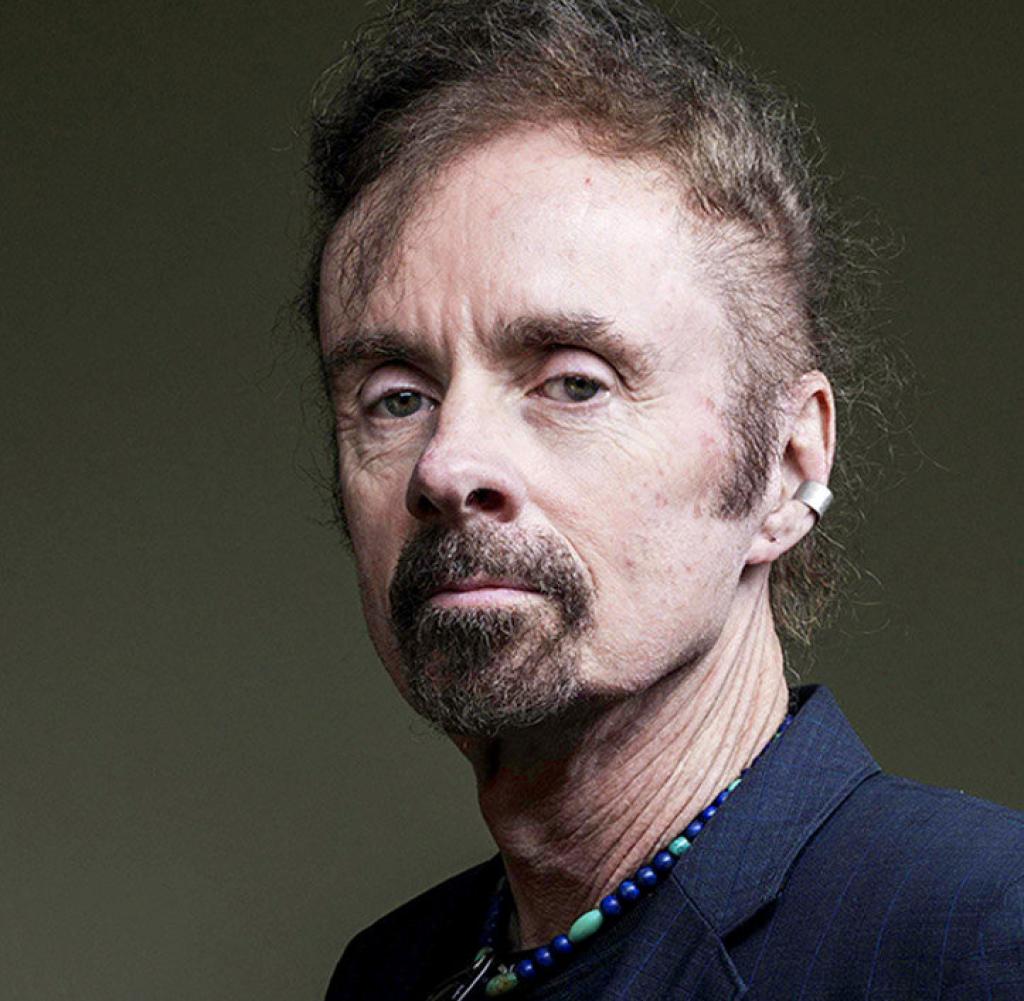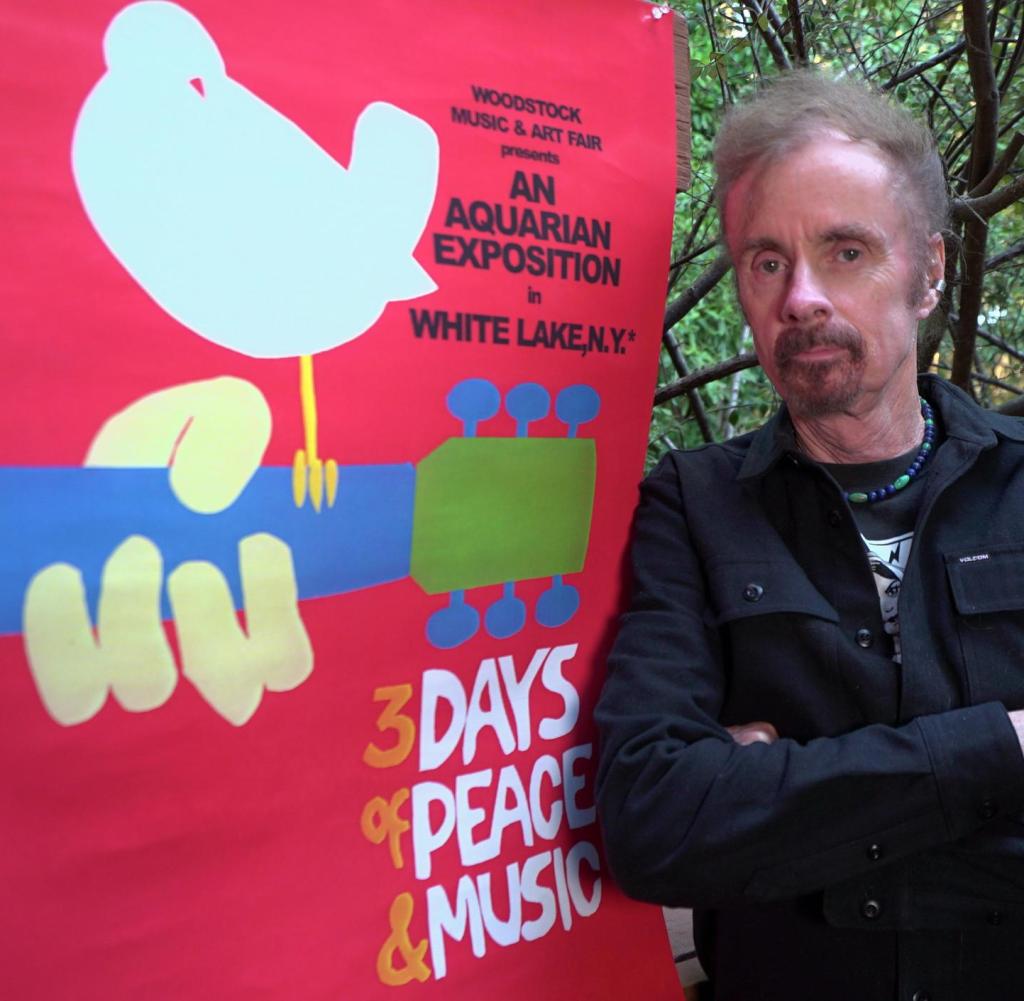What TC Boyle knew about climate change 20 years ago

TC Boyle tells the dark and at the same time is funny
Source: dpa-infocom GmbH
It is raining, the great extinction of the species begins and there is only really disgusting food. This is how TC Boyle imagined the near-future climate catastrophe in the year 2000. Where was he right? Re-read a frustrating current novel.
DrDiscussions about ham in day care centers and Curry Wurst in canteens will end in four years. Because by 2025 there will be no animals whose meat we can eat. One of the few non-vegetarian food alternatives is sushi made with river catfish. And with it you drink sake, because only rice grows in the wet regions of North America from constant torrential rains.
Anyway, 21 years ago, TC Boyle wrote all this in his book “earth friendProphecies, which have such a classic status because they co-founded the ‘climate fiction’ genre. As the first audience-friendly author, American Boyle imagined where climate change could lead. One reason to remember this at this time of frustrating speculation.
The world in which Boyle hero Tyrone O’Shaughnessy Tierwater – an ironically drawn old hippie environmental activist – plants features more rain than drought. Here ancient cultural fantasies intertwine with the then-new climatic speculation. In the second half of the twentieth century, people imagined that the future would be rather bleak and humid: it was believed that precipitation would constantly fall from the sky, with particles of smog predominating. It has rained heavily on the Blade Runner since 1982. Cities of the future were often imagined as covered in domes.
If, four years before Boyle’s novel, we were nowhere near as bad as the author imagined, there is no need to reject the book now. Like we put “1984” aside for Orwell, only because in 1984 there was no big brother in Oceania.
lions eat singer
With an apocalyptic scenario, Boyle created a literary scene, not a scientific climate model. If “A Friend of the Earth” had prompted readers to delve deeper into climate change and its consequences, it would have pleased him, but it was not his main goal.
Instead, the intent was primarily to create a fantasy world in which his hero is thrust through always new torments and against always new obstacles, following the usual style of many of Boyle’s novels. This goal was achieved in “Music of Water,” the interior of Africa, in the “Green is Hope” stony community landscape of Northern California—and that’s where the climate-turbulent future comes in.
How well Boyle from a flat ecological amplite can be seen, for example, in the fate of pop star McLuvio Bullchris, for whom the old hippie Tyrewater works. It is eaten by one of the lions that he keeps in his extensive possessions to preserve their genes for the future. Unfortunately, the last lions must be shot. This black and humorous streak once again shows the unromantic, skeptical, and even frightening relationship that T.C. Boyle cultivates in all of his books with nature.

“Total coffee aficionado. Travel buff. Music ninja. Bacon nerd. Beeraholic.”









More Stories
Researchers detect extremely high-energy gamma rays
Anxiety disorders in old age increase the risk of dementia
Researchers are particularly fascinated by these exoplanets.